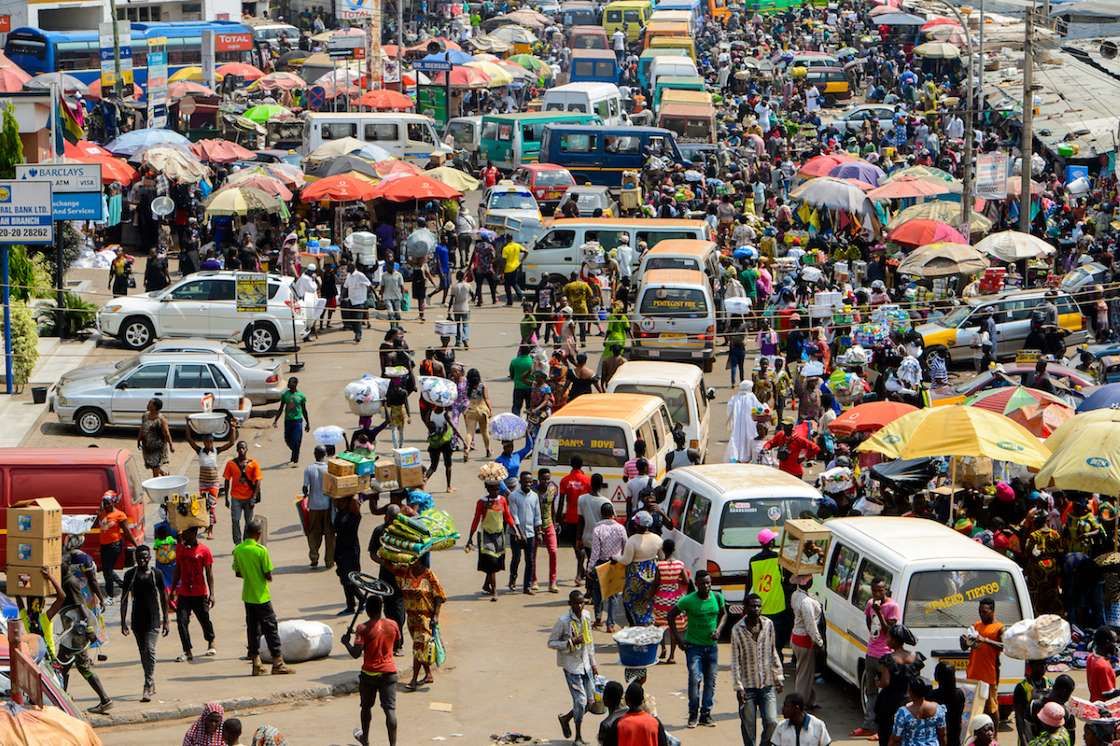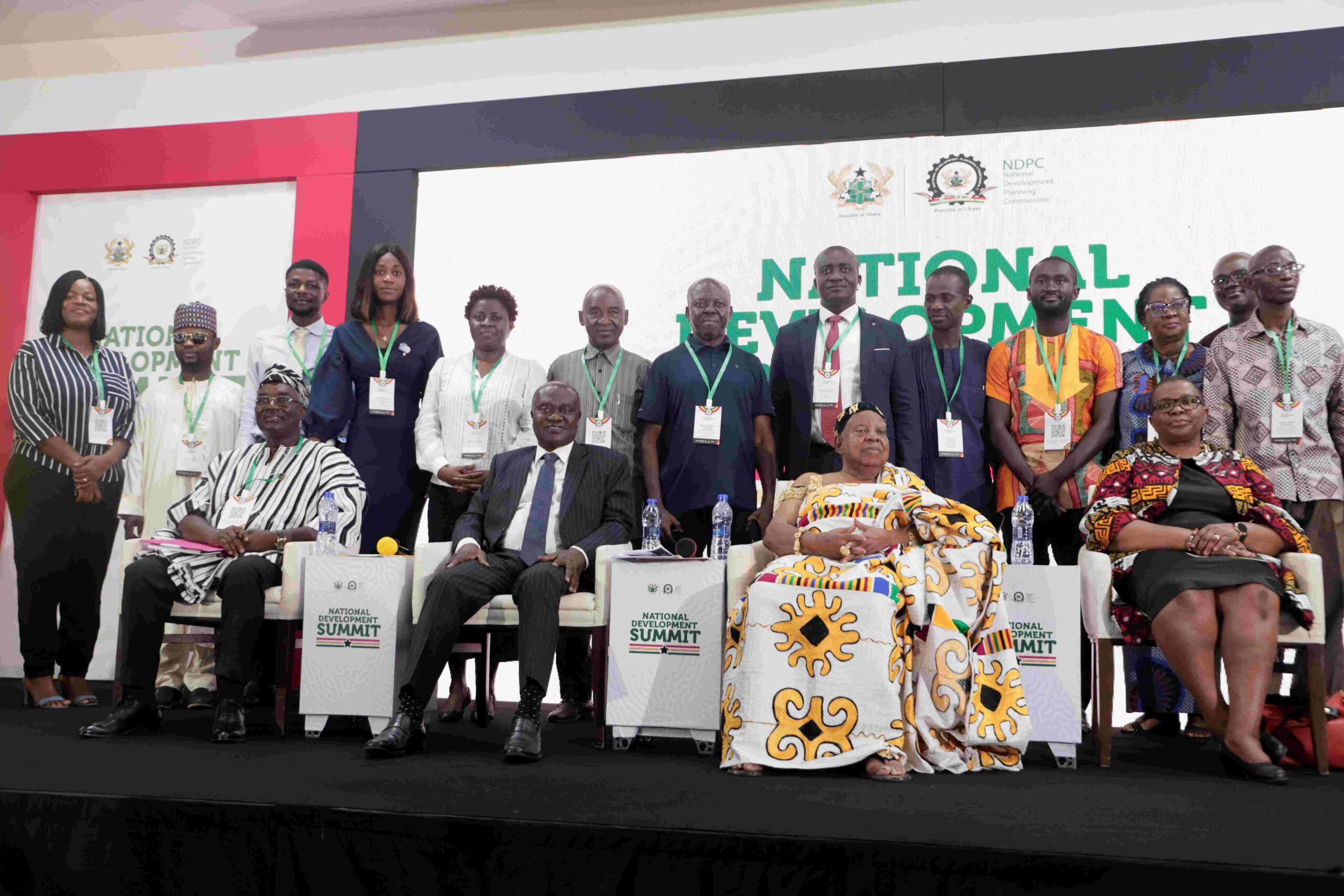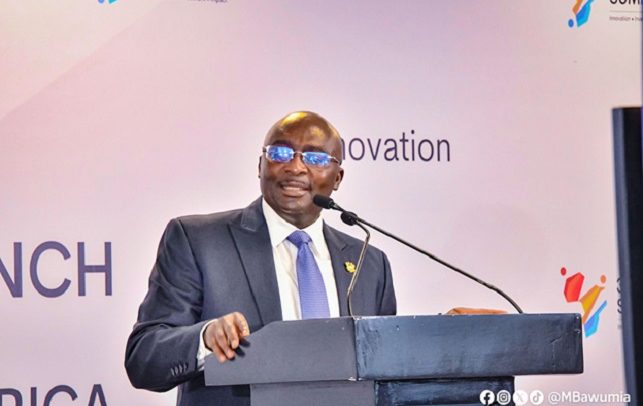

In a report from the Ghana Statistical Service, projections for the country's population growth reveal significant changes anticipated by 2050.
Ghana is poised to experience a substantial increase, with estimates suggesting a population of 52.47 million by mid-century.
Presently, Ghana's population has surpassed 33 million, marking this projected rise as a significant milestone.
Following the 2021 population and housing census, Ghana's current population stands at 30.8 million.
The Statistical Service predicted an annual addition of 711,706 individuals between 2021 and 2030, projecting the population to reach 37.24 million by the end of this decade.
Furthermore, urban population growth is expected to continue, reaching 60.7% by 2030 from 56.7% in 2021, intensifying demographic pressures on Greater Accra.
By 2050, Ghana is also expected to see a rise in its population aged above 60 years, increasing to 10.8% from the current 6.5%. These projections highlight a sustained demographic shift observed over recent decades.
Professor Samuel Kobina Annim, the Government Statistician, emphasised the implications of these projections, stressing the need for renewed discussions on retirement age.
Factors contributing to this population surge include enhanced healthcare, reduced infant mortality, and urbanisation trends attracting rural residents to cities.
With a continuing growth trajectory, policymakers and stakeholders must prepare for heightened demands on infrastructure, healthcare, education, and employment opportunities.
This demographic shift presents both opportunities and challenges for Ghana's development.
A larger workforce could stimulate economic productivity and innovation, yet necessitates meticulous planning to ensure sustainable development, resource distribution, and social cohesion.
Read Full Story



















Facebook
Twitter
Pinterest
Instagram
Google+
YouTube
LinkedIn
RSS